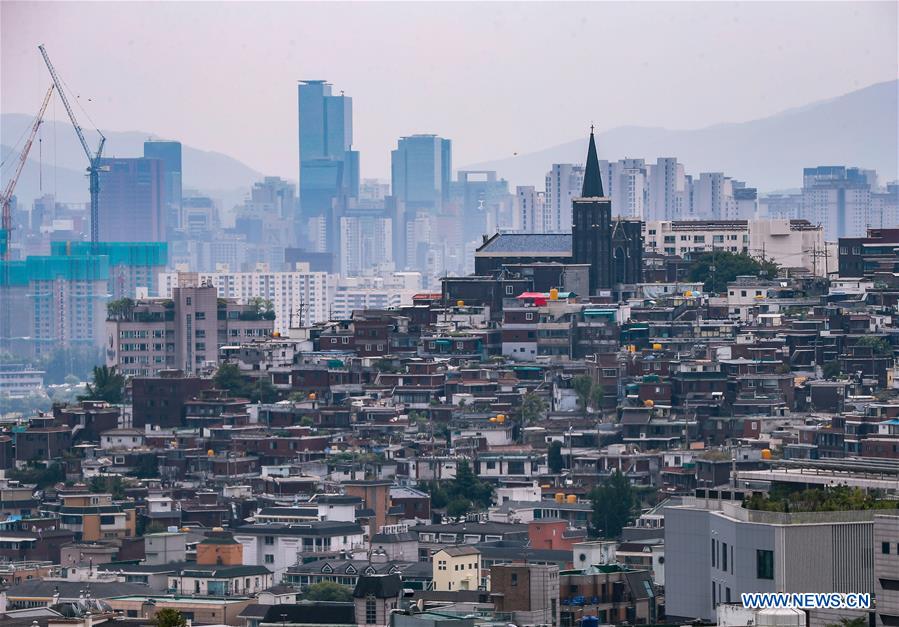As I walk down the streets of Seoul, I am struck by the vibrant energy that pulses through this modern metropolis. The city seems to be in a constant state of motion, with bustling streets, towering skyscrapers, and the faint hum of technology filling the air. Yet, amidst this fast-paced environment, it is clear that Seoul has managed to preserve its rich cultural heritage and traditional roots.
Seoul, the capital of South Korea, is a city that effortlessly blends the old with the new. It is a place where ancient palaces stand next to futuristic high-rises, where traditional hanboks share the same sidewalks as stylish fashionistas, and where K-Pop music blasts from the speakers of trendy cafes. It is a city that has managed to stay true to its past while embracing the innovations of the present.
One of the first things that strikes me about Seoul is its dedication to preserving its historical sites. The city is home to five grand palaces, each acting as a window into Korea’s regal past. I find myself wandering through the serene grounds of Gyeongbokgung Palace, marveling at its intricate architecture and beautiful gardens. It is a place that transports me back in time, allowing me to imagine the lives of the Joseon dynasty rulers who once walked these very halls.
But amidst the history, Seoul is also a city that never stops evolving. From its ultra-modern skyscrapers to its cutting-edge technology, it is clear that this is a city at the forefront of innovation. I find myself getting lost in the labyrinth of streets in Gangnam, a district known for its sleek office buildings, luxury boutiques, and vibrant nightlife. Here, I witness firsthand the fusion of traditional values with contemporary trends, as young professionals rush by in their finely tailored suits while stopping for a moment to pay respect to the elderly.
Seoul’s dynamic nature is also evident in its cultural scene. The city is a hub for all things art, music, and fashion. I make a point to visit the trendy neighborhood of Hongdae, where the streets are lined with independent art galleries and quirky fashion boutiques. It is here that I witness the creativity and passion that fuels Seoul’s thriving art scene, as young artists display their works and buskers perform on street corners. The atmosphere is electric and alive, a testament to the city’s dedication to nurturing creativity and individual expression.
Of course, no mention of Seoul is complete without a nod to its iconic K-Pop industry. This global phenomenon has taken the world by storm, and I am eager to immerse myself in the music and culture that has captivated millions. I attend a K-Pop concert and am blown away by the talent, energy, and dedication of the performers. It is clear that this industry is more than just music; it is a cultural phenomenon that has become an integral part of Seoul’s identity.
Beyond its bustling streets and modern facades, Seoul also offers an escape into nature. I venture out to Bukhansan National Park, located just outside the city. As I hike through its stunning trails and marvel at the panoramic views, I am reminded of the importance of balance in this vibrant city. Seoul may be a symbol of progress and development, but it also values its connection to the natural world, offering its residents and visitors an opportunity to escape the urban chaos and reconnect with the serene beauty of the mountains.
In Seoul, I am reminded that a city can be both modern and rooted in tradition. This dynamic balance is what makes Seoul so unique and captivating. It is a place where history and progress coexist, where ancient traditions blend seamlessly with modern innovations. As I bid farewell to this extraordinary city, I carry with me the lessons of Seoul – the importance of honoring one’s past, embracing change, and finding harmony amidst the chaos.

